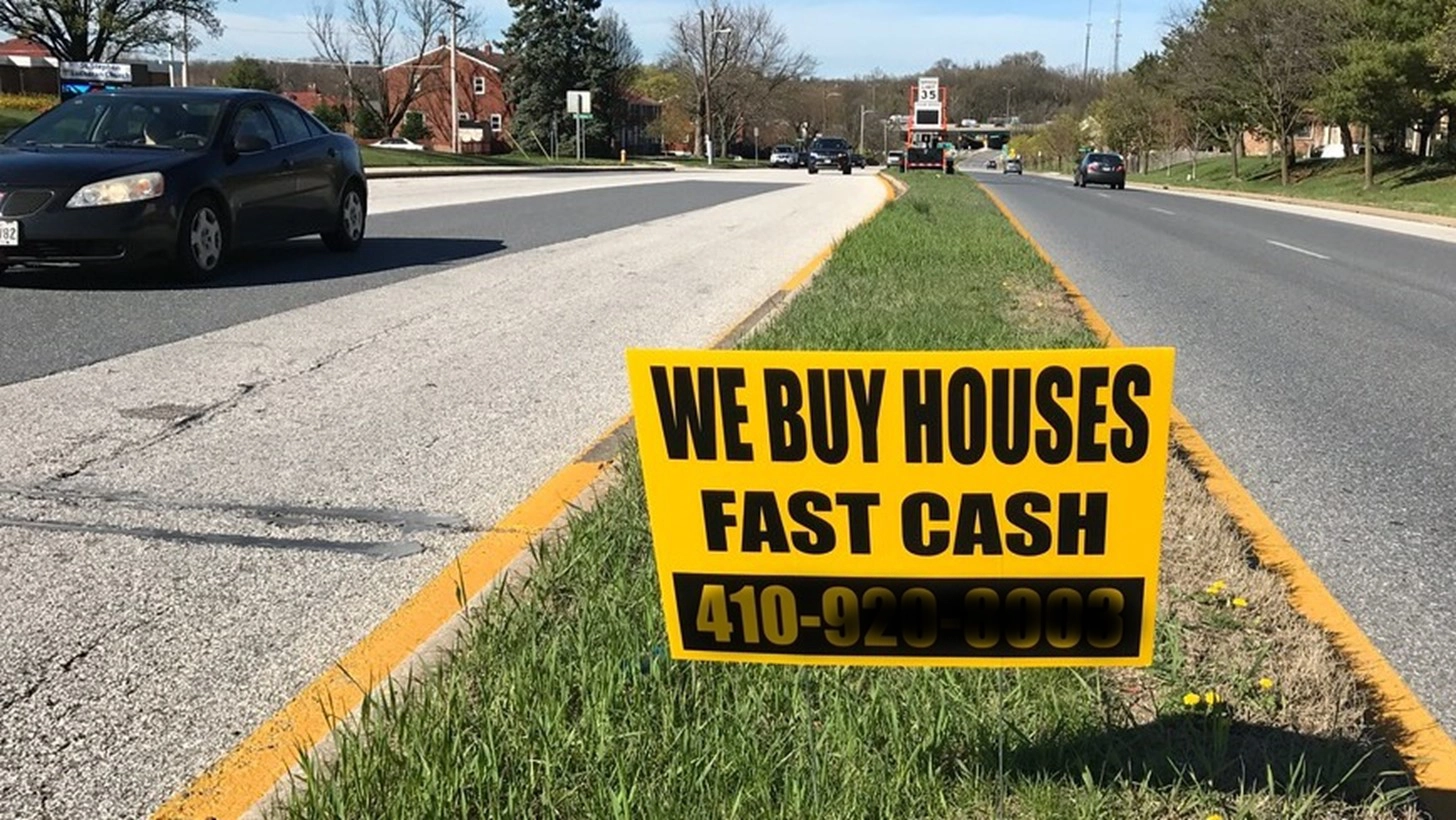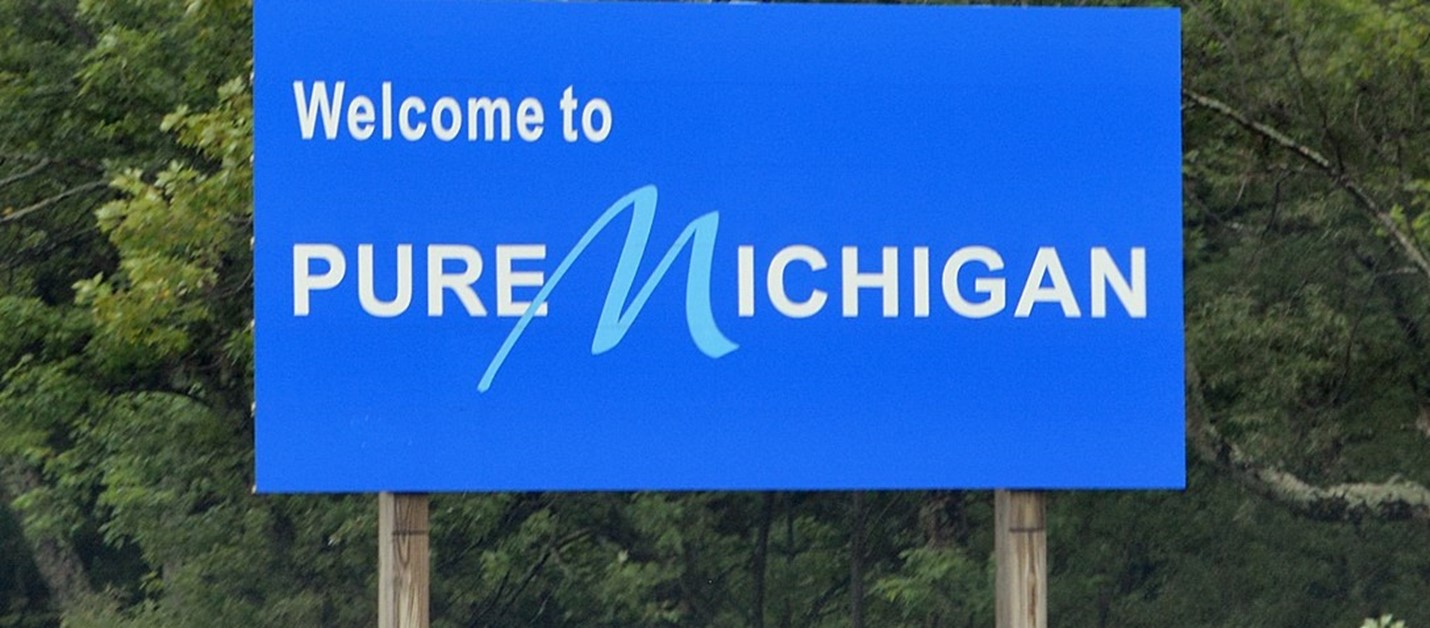Tag: real estate law
-

From Deed to Deeds: Selling Property to New Owners With a Condominium Conversion
Like ‘em or not, condos are hot. They’re usually available at lower prices than single-unit homes. They’re popular in cities and suburbs alike. And they offer new deed holders a path to build equity and save money. Investors must meet hopeful buyers where they are, and one strategy is to take a property that’s not…
-

Am I the Nuisance, or Is My Neighbor? What the Law Says
The law of nuisance came from Merry Olde England, and it crops up in property cases to this day. Sometimes, a nuisance is both private and public. Consider a body shop that emits fumes or dumps oil — impacting specific residences, and creating a public hazard at the same time. Or perhaps it feels more…
-

Selling Without a Real Estate Agent? New Incentives, New Challenges
You might have heard that selling your home yourself could save you thousands of dollars in agent commissions. It’s a fact. Putting your home up For Sale By Owner (FSBO) is one way to get around agent commissions — which do still exist! Yet there are hurdles as well as potential rewards for the FSBO…
-

Bad Deeds Shouldn’t Go Unpunished: Fraud Updates From All Over
A quitclaim deed is a useful tool, when created by the right hands and transferred for the right reasons. But in the hands of forgers and swindlers, these instruments harm people. Especially seniors, the families of deceased homeowners, and people who don’t live in their homes. But actually, anyone could be caught up in a…
-

Home-Flipping Update: California Passes Major Disclosure Law
California just changed the home-flipping game. Fixer-upper home buyers who turn around and sell the homes must follow the new Flipper Disclosure Law, formally known as Assembly Bill 968. What’s California so concerned about? Home flippers are, of course, profit-driven. Sometimes, a flip is done quickly, with cosmetic touchups that gloss over the deeper work…
-

How Do Homestead Laws Save Deed Holders Money?
You’ve just bought a home. At closing, a title representative tells you to request your homestead exemption. Or maybe you bought your home and a homestead exemption form arrived (surprise!) in your mailbox. You know you should file the document in your home’s county, but you might be baffled as to why. A state’s law…
-

Can My Name Be Added to a Deed Without My Consent?
As a general matter, no. A deed transfer is not valid unless it’s delivered and accepted. A deed holder who is leaving a home to a beneficiary needs to talk with that beneficiary, and other loved ones. They should know what to expect for the deeds’ future. They should understand the reason the home is…
-

What If the Deed Is Not Recorded? (Never Let This Happen.)
By accepting a deed, you become a new property owner. Be sure to file the deed you accept with the county recorder’s office. The recording becomes your public notice that you now own the property described on the deed. You might have heard that a deed works to transfer property as soon as it’s offered…
-

Update: State Lawmakers Have “Fast Cash for Houses” Wholesalers on Their Radar
Tempted to sell your home quickly and easily to one of those “We buy any house” outfits? Wait. Don’t even think about giving up that deed until you read this.
-

Can I Take Another Person Off My Deed Without Telling Them?
The question of the day is: I need to take someone off my house deed. Can I do it without calling anyone’s attention to this? Spoiler alert: No. Nor can one owner create a new deed that doesn’t include the other co-owner in order to extinguish that other person’s ownership. No one gives up their…
-

Seniors’ Advocates Urge States to Ban Predatory ‘Cash for Listing’ Contracts
States are outlawing listing agreements that bind homeowners to specific companies to sell their homes in the future. In the last two years, 30 states have acted to prevent businesses from taking control of people’s property by recording brokers’ contracts against their deeds. The agreements can result in restrictions, liens, or even stealth mortgages recorded…
-

Seller-Paid Agent Commissions Are Over in August. How Will Buying Homes Change?
Effective August 17, sellers won’t have to agree to pay both sides’ commissions up front when they list their homes for sale. And agents can no longer communicate “offers of compensation” to other agents through their local Multiple Listing Services. August will mark “a time of adjustment,” says Kevin Sears, who recently took the role…
-

Michigan Deed Holders: Your Property Rights Could Change
Living in Michigan? It’s time to check your deed restrictions. Michigan deed holders should know that changes made to the state’s Marketable Record Title Act (MRTA) took effect March 29, 2024. And there’s a new deadline to record a notice under the MRTA. KEY POINT TO KNOW: Michigan deed holders now have until September 29,…
-

Register of Deeds Blasts Crooks Who Steal Homes Out From Under Owners’ Funerals
The Register of Deeds of Shelby County, Tennessee recently took to a live television newscast to warn the public about scammers scouring funeral listings and obituaries. They’re looking for dead people whose homes they can steal. They forge deeds. They record bogus title transfers. Once they have control over their ill-gotten homes, criminals sell them,…















